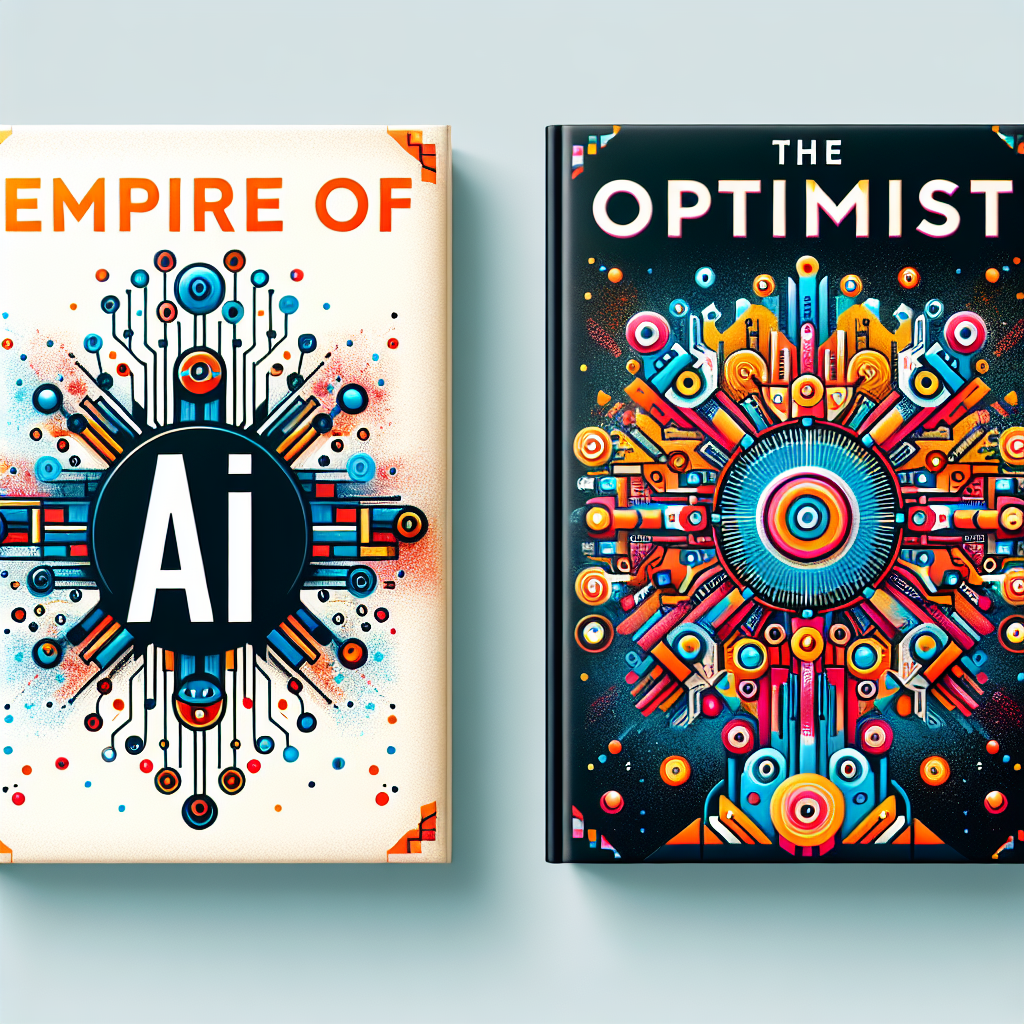Empire of AI and Optimist Reviewed
When British mathematician Ada Lovelace imagined a machine capable not only of numbers but of weaving “algebraic patterns,” she inadvertently predicted the profound dualities of our AI-driven present. Nearly two centuries later, two compelling books—Empire of AI: The Rise of Machine Authority by Karen Hao and The Optimist: Keach Hagey on the Price of Belief in Progress—grapple with the promise and peril that Lovelace foreshadowed. In Empire of AI and Optimist Reviewed, we explore how these works dissect the tension between breakthrough innovation and unchecked ambition, with chilling resonance for today’s tech-centric society.
Empire of AI – The Invisible Algorithms of Power
Karen Hao, known for her incisive reporting on artificial intelligence, brings a sharp, journalistic rigor to Empire of AI. What makes the book stand out is how it peels back layers of corporate secrecy. Through richly reported vignettes and interviews with engineers, policy makers, and whistleblowers, Hao examines how a handful of tech companies—particularly those in Silicon Valley—are sculpting societal norms through opaque, algorithm-driven systems.
Her critique is not alarmist; it’s anchored in ethics and empirical observation. She argues that the architecture of AI is often rooted in bias, developed in institutional silos that fail to account for long-term human impact. Most notably, Hao exposes how regulatory failures and internal incentives prevent meaningful accountability in AI development.
Key Takeaways from Empire of AI:
- AI is no longer just a tool—it’s shaping public opinion, labor economies, and even justice systems.
- Major corporations prioritize scalable efficiency over transparency or fairness.
- Ethical frameworks are often retrofitted rather than foundational.
The Optimist – Faith, Risk, and the Myth of Progress
In contrast, Keach Hagey’s The Optimist centers on an individual named Reid Martin, a fictional entrepreneur whose story mirrors many real-life innovators of the 21st century. Martin embodies the spirit of relentless optimism—a belief that technology and ambition can solve any human problem. Hagey’s narrative reads like a cautionary fable, a meditation on how vision ungrounded in responsibility can spiral into moral and personal compromise.
Far from condemning ambition, Hagey draws attention to the seductive logic of progress. The book lays bare the consequences when belief in the future entirely trumps present reflection. By paralleling Martin’s arc with real industry collapses and moral reckonings, The Optimist serves as a sobering counterpart to Hao’s exposé.
Insights from The Optimist:
- Visionary tech leaders often operate in ethical gray zones.
- The cost of being “too early” is more than financial—it can be existential.
- Blind faith in progress often obscures the human cost of change.
Where Hope Meets Caution
Empire of AI and The Optimist together form a compelling narrative about the world we are building—and the people building it. Hao offers a map of the intricate machinery behind today’s AI empires. Hagey, on the other hand, delves into the psychology of the builders themselves. Both works serve as essential cautionary tales for readers navigating the digital frontier.
To delve deeper into these books and their powerful themes, read the original New York Times review here.
For anyone interested in the intersection of technology, ethics, and society, Empire of AI and Optimist Reviewed offers a lucid, critical lens. These books are not merely critiques—they are blueprints for what we must question as we charge headlong into an AI-powered era.

